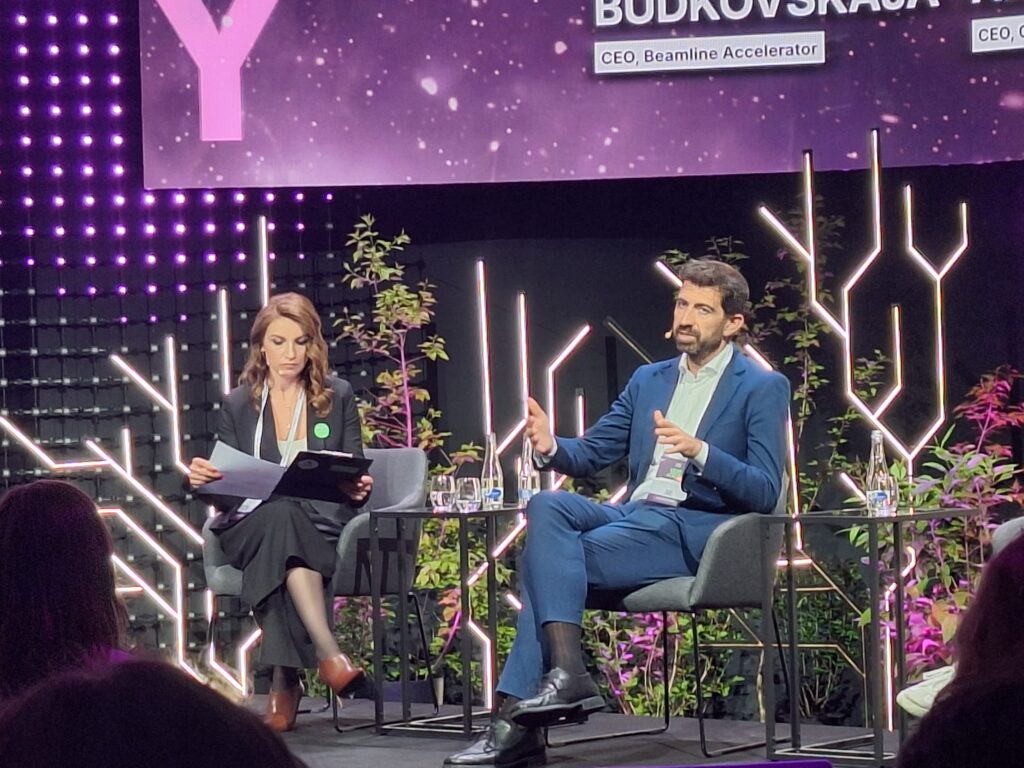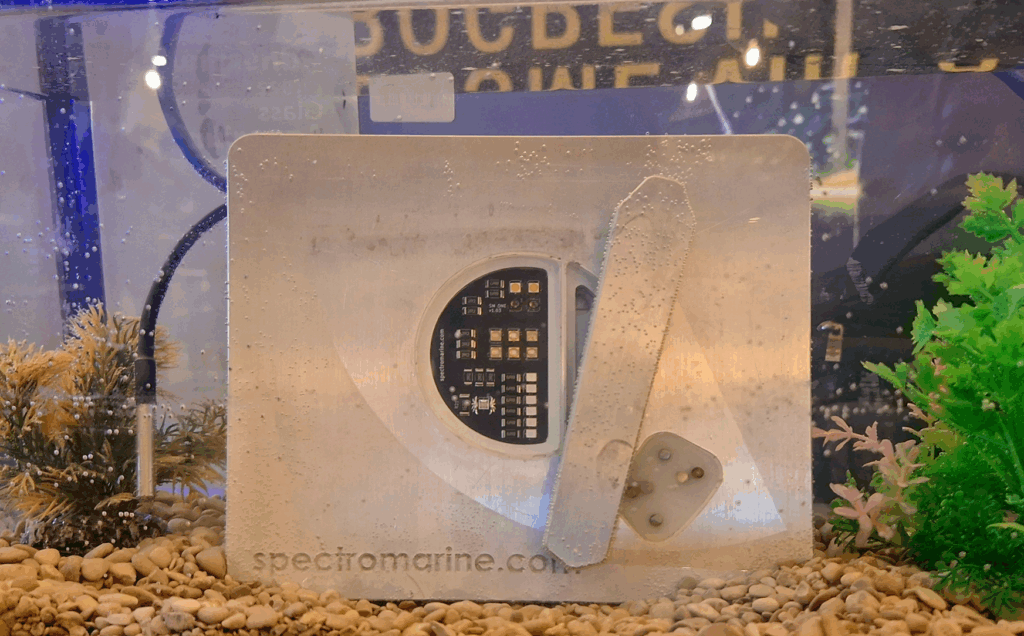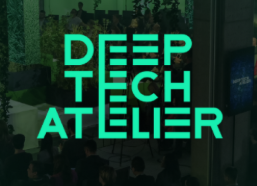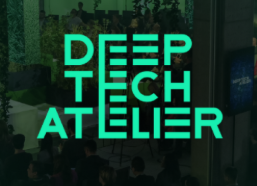ESA Technology Brokers from Czechia, Anna Ruščák and Ondřej Šimek, attended the Deep Tech Atelier 2025 event in Riga on May 15th and 16th. This large-scale Baltic technology conference, organized by the Latvian Investment and Development Agency and Commercialization Reactor, attracted over 1,500 attendees from 50+ countries, including investors, academics, entrepreneurs, and government officials. The event highlighted deep tech innovations, particularly in space, quantum computing, and AI. ESA Technology Brokers from Czechia sought potential technological solutions, collaborations and partnerships within these sectors.

Purpose of Their Visit:
- Identify promising solutions in the Baltic region focusing on AI, communication and space technologies, and quantum encryption.
- Explore collaboration possibilities between Czechia’s space industry and Baltic companies, academia, and research groups.
- Share expertise on space data processing, satellite sensor technology, and space communication systems.
Specific Engagements and Findings:
- Spectromarine’s Optical Water Quality Sensors:
These innovative sensors utilize fluorescence and absorption spectroscopy to monitor chlorophyll, phycocyanin, and organic matter in water bodies. ESA Technology Broker discussed how Czech-developed satellite data processing capabilities could complement Spectromarine’s optical sensors for large-scale environmental monitoring.

- CMOS Sensors for Visual Water Inspection:
These sensors, capable of detecting surface oils, oils slicks, and particulates, demonstrate practical applications in environmental safety. The Czech delegation expressed interest in integrating these sensors into satellite or drone-based systems for real-time water quality assessment.
Potential Collaboration Areas:
- Joint R&D on Water and Environmental Monitoring:
Combining Czech satellite data analytics with Baltic optical sensors could lead to comprehensive, real-time environmental monitoring systems for oceans and lakes, supporting climate change studies and maritime safety. - Quantum Technologies for Space Communications:
Czechia’s advancements at IQM in superconducting quantum processors and their expertise in quantum encryption can support Baltic efforts to develop robust satellite communication networks using quantum key distribution (QKD). - Development of Space Hardware:
The Czech team highlighted their work on miniaturized satellite payloads, which could be adapted for Baltic space missions, and civil applications, fostering cross-border technological synergies.
Meetings with Research Groups:
- The delegation engaged with pitch finalists from Latvia, including companies working on space sensors, environmental monitoring, and space-based data analytics.
- Discussions also covered upcoming space missions, such as Earth observation satellites and habitat modules, where Baltic and Czech companies could participate as suppliers or technology providers.
Outcome and Next Steps:
ESA Technology Broker’s visit successfully identified numerous collaboration opportunities, emphasizing the complementary strengths of Czech space tech expertise and Baltic innovation. They expressed enthusiasm about joint projects in environmental sensing, secure satellite communication, and space infrastructure development.

Acknowledgments:
Special thanks go to the organizers of Deep Tech Atelier 2025, notably Commercialization Reactor and LIAA, for creating this vibrant platform. We also extend our gratitude to the Latvian government and President Edgars Rinkēvičs for inspiring remarks about the importance of innovation. Their support underscores the event’s significance for regional and European space ambitions.
Conclusion:
The visit by ESA Technology Brokers exemplifies the strategic intent of ESA’s Czechia branch to foster international partnerships in deep tech, space, and quantum domains. Their engagement at Deep Tech Atelier 2025 has laid a solid foundation for future joint initiatives that will accelerate space innovation and environmental monitoring capabilities across Europe.
We look forward to seeing these collaborations develop and produce tangible technological breakthroughs that benefit both the Baltic region and the broader European space ecosystem. The event marked a crucial step in strengthening regional cooperation and advancing Europe’s leadership in space and deep tech innovations.





